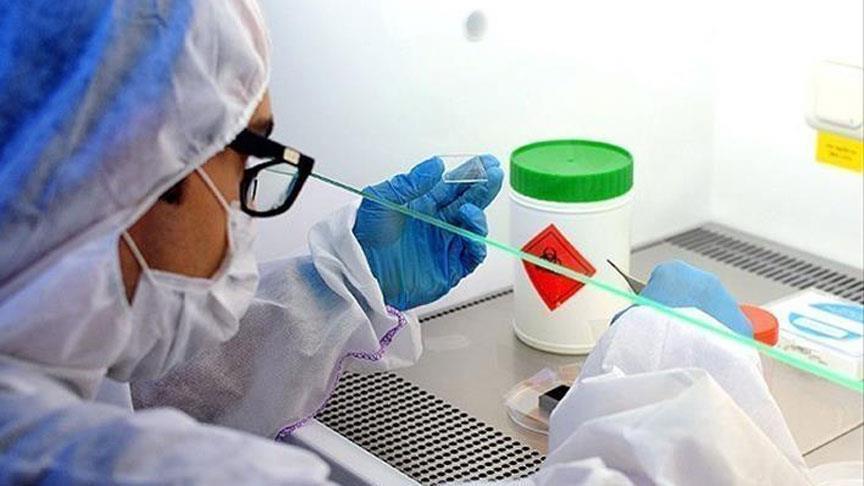The way doctors typically approach kidney cancer treatment could be evolving.
Axar.az reports citing CNN.
Two separate studies published Saturday in the New England Journal of Medicine showed that renal cell cancer patients had significantly better outcomes when their treatment combined the targeted therapy drug axitinib, or Inlyta, with an immunotherapy -- one study used pembrolizumab, or Keytruda, and the other used avelumab, or Bavencio.
"This is a proof of principle that we can do this if the drugs are in the same class and tolerated when combined," said Dr. Toni Choueiri, director of the Lank Center for Genitourinary Oncology at Dana-Farber Cancer Institute/Brigham and Women's Hospital and a professor of medicine at Harvard Medical School in Boston, who was senior author of the avelumab study. He was involved in earlier pembrolizumab research but not the new pembrolizumab study.
New immunotherapies overall "have made a revolution in many, many tumors," he said.
Immunotherapy is a treatment approach that harnesses certain parts of the body's own immune system to target and attack a disease, such as cancer. This approach can come in many forms -- vaccines, antibody or cellular therapies, or drugs -- and can be administrated through injections, pills or capsules, topical ointments or creams, or a catheter.
An immunotherapy can also be combined with another therapy as a form of treatment, as seen in the two new studies.
The avelumab-axitinib study involved 886 renal cell cancer patients. Among them, 442 received avelumab plus axitinib as treatment, and 444 received the chemotherapy drug sunitinib, or Sutent, a first-line treatment for advanced renal cell cancer.
The study showed that average progression-free survival was 13.8 additional months of life among patients treated with avelumab plus axitinib, compared with 7.2 months among those treated with sunitinib.
The pembrolizumab-axitinib study involved 861 renal cell cancer patients. Among them, 432 received pembrolizumab intravenously plus axitinib as treatment, and 429 received sunitinib.
The study showed that average progression-free survival was 15.1 months in the pembrolizumab-axitinib group and 11.1 months in the sunitinib group. Patients who received the combination treatment had a 47% lower risk of death and a 31% lower risk of disease progression or death than those who received sunitinib.
The percentage of patients who were alive 12 months into the treatment was 89.9% in the pembrolizumab-axitinib group, compared with 78.3% in the sunitinib group.
Those study results "will absolutely change the standard of care in this disease. What was seen is really unprecedented results in terms of both an overall survival benefit with the lowest hazard ratio, meaning the most benefit that's ever seen in kidney cancer," said Dr. Brian Rini, an oncologist at the Cleveland Clinic and a professor of medicine at Case Western Reserve University in Cleveland, who was first author of the pembrolizumab study.
























































